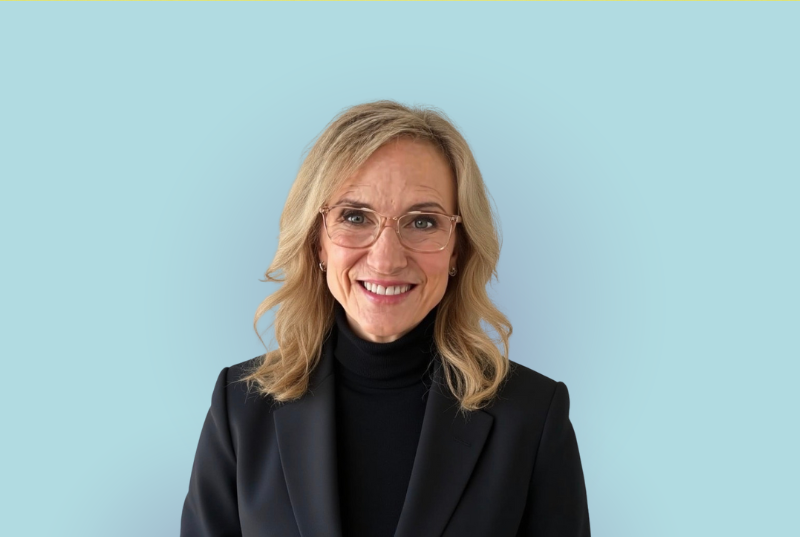June is home to two significant holidays: Pride and Juneteenth. Pride honors members of the LGBTQIA+ community, while Juneteenth commemorates the end of slavery in the United States after the Civil War. As we honor the LGBTQIA+ and black communities, it is important also to recognize that this is a chance to help your organization learn more about diversity, equity, and inclusion and the importance of prioritizing mental health.
“Diversity is being invited to the party; inclusivity is being asked to dance,” says Verna Myers, whose consultancy teaches organizations about issues such as unconscious bias and anti-racism.
Inclusivity isn’t just about recognizing each other’s differences but celebrating them. By being empathetic, participatory, dignified, and respecting everyone, we challenge biases—subtle or otherwise—which are at the core of discrimination and marginalization.
In both cases, mindfulness can help us investigate our limiting beliefs and broaden our perspectives.
Like a coin with two sides—one that supports insight and the other compassion—we can use mindfulness practices to see more clearly how we exclude rather than include and notice the moments when our hearts close instead of open.
In our daily lives, we can observe the thoughts, emotions, and sensations that arise when interacting with others and notice how they affect our behavior. Do we reserve eye contact or a smile for those who are most like us? Do we treat everyone we meet the same?
Just like mindfulness, inclusivity is a practice—one we can undertake with a willingness to see and rise above our biases and extend kindness to everyone.
If you’d like to help your organization learn more about PRIDE Month and Juneteenth, check out the links in this blog. You also can foster more inclusivity through the following mindfulness exercise, based on meditation teacher Mirabai Bush’s ‘Just Like Me’ practice:
Find a quiet and comfortable place to sit and recall someone you casually know or come across daily—the cashier at the grocery store, the delivery person, or a neighbor you pass on the street.
With this person in mind, repeat the following phrases:
- Just like me, this person has a body and mind filled with thoughts, feelings, and emotions
- Just like me, this person has experienced physical, mental, and emotional pain.
- Just like me, this person has been afraid, disappointed, or lonely.
- Just like me, this person wants to be safe and healthy.
- Just like me, this person wishes to be happy. They want to be loved.
Now, continue the practice by recalling someone who is different from you and repeating the same phrases.
The first step to creating change is knowledge, and the second step is action. Wondr Health offers resources for you and your organization to increase mindfulness and support mental health, improving your diversity, equity, and inclusion efforts.
Explore other blogs with relevant resources here:
- Four strategies to improve the health and headspace of your population
- Top ten insights to protect the mental health of your population
- WondrTips: World Mental Health Day
About Wondr Health
Wondr Health is the proven leader in digital behavior transformation. We partner with health plans and employers to deliver interrelated, personalized, skill-building programs for weight management, mindfulness and movement that improve the physical and emotional health of participants. Our flexible and scalable solutions engage populations, improve quality of life and health outcomes, and prevent and reduce the cost of chronic health conditions.




